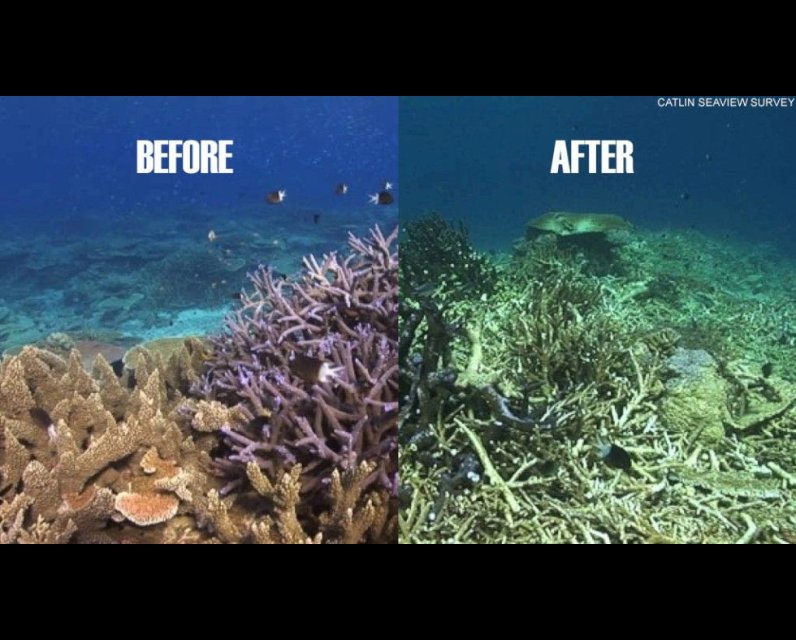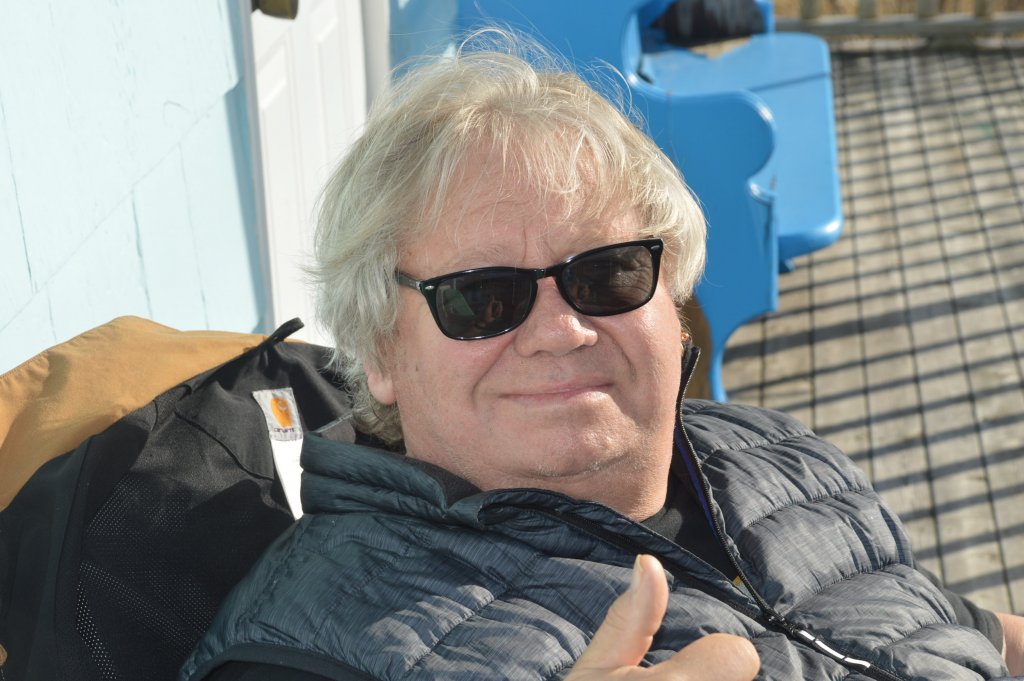Unpublished Opinions
Paul Strome’s Bio
Paul has two adult daughters and he has lived with First Nations, Inuit and Metis for a significant part of his life. After graduation from the University of Waterloo in Anthropology, he worked in the Northwest Territories/Nunavut as an educator, so he experienced the culture, language, and geographic parameters with indigenous people for 12 years. He has seen first hand how indigenous people of Canada are treated. This impassioned him to petition the government at every opportunity to bring about the United Nations Declaration of the Rights of Indigenous People.
After he moved to southern Ontario as an educator, he ran the extra-curricular Outdoor Education Club in addition to his classes, in one of the largest high schools in Canada training and taking students on canoeing, hiking, climbing, snow-shoeing and dog-sledding expeditions. He has canoed/kayaked many of Canada’s Heritage Rivers and has lived in or travelled to every province and territory in Canada which has broadened his concerns about environment and social concerns. These experiences have intensified his deep-seated love and admiration for Canada.
As an elder and David Suzuki Ambassador he has championed the Blue Dot Movement in Unama’ki and in recent years was the Atlantic Regional Representative for the Council of Canadians. He collaborates and networks for the common good with other like-minded organizations. He is well-known as an environmentalist/social activist throughout Unama’ki (Cape Breton Island) and beyond. He has met personally with many municipal, provincial and federal politicians to encourage them to adopt sustainable environmental and social changes to address climate change. He has also done the same at schools, community colleges, libraries, community halls and Cape Breton University.
Paul Strome: Climate Change--What we're up against

I’m here on January 17, 2021 on Unama’ki (Cape Breton Island), Nova Scotia and looking at my very accurate outdoor thermometer that says it is 11 degrees celsius (51.8 degrees Fahrenheit) with no snow to speak of except for sparsely scattered blobs. While I am only one of 7,800,000,000 humans on the planet I have many things going through my mind that concern all of us. I’m so grateful to have been born in this absolutely amazing particular age of mankind. Between July 1969 and December 1972, as part of the Apollo program, the Excited States of America put a total of twelve people on the Moon, starting with Neil Armstrong and ending with Gene Cernan. We are such a dichotomy - we created so many amazing things but we have also crossed so many environmentally critical ’tipping points’. I am also terribly dismayed about humanity’s obvious collective mismanagement of the only planet we live on.
We have to get over ourselves and realize neither Earth or the Moon care about humanity. They existed billions of years before we arrived and they will be part of our solar system long after homo sapiens have disappeared. Earth did not create toxic chemicals alone. It took mankind to do that. Dinosaurs lived on this planet for 165 million years and they did not pollute the oceans or the atmosphere. It took a monumental natural disaster of global proportion to bring about the demise of those creatures.
Homo sapiens have only existed for approximately 200,000 years yet it has taken us only about 6,000 years to get to the point where we have been the absolute dominant force on planet Earth. If we are so intelligent then why can we not see, understand and adapt to what we know needs to be done to reduce atmospheric carbon dioxide? We have created our own barriers - greed, politics, religion, racism, etc.
We think we are the only animal capable of thinking about a “future”. We are also the animal that is capable of making the most toxic chemicals ever known, splitting atoms to create the most destructive thing outside of planets colliding with each other. Mankind created lying, cheating, psychology, mathematics, biology, meteorology but we also created bravery, humility, love, honesty, respect, truth and wisdom. I choose to still believe that there are enough of us on the planet who realize what we are doing collectively and be able to make the necessary positive changes to enable us to reduce atmospheric CO2 and survive as a species.
We have had thousands of scientists and experts around the world studying what we have been doing as a species. There has also been a growing number of scientists who focus on collecting data from many disciplines for the past few decades. It is these scientists who we need to listen to and act upon what they are telling us. Numbers do not lie and these scientists who I might call ‘universalists’ are painting a very bleak future for all of humanity.
Water is life and if you don’t believe that, just try going without it for four or five days. All living things (plants, animals, cactus, insects, birds) depend on water one way or another. We evolved from water including our oceans and everything in them. Humanity has taken what took millions of years to create (fossil fuels) out of the ground and burned what we call a non-renewable “resource”. The gases produced from using that ‘resource’ have accumulated in our atmosphere - the atmosphere that everything on the planet shares. The largest interface with the atmosphere is the surface of our largest bodies of fresh or salt water. Since the gases in our atmosphere are in constant contact with water surfaces they mix with each other. When this happens with salt water it produces more carbonic acid than it does with fresh water. This process or acidification has changed the chemistry in the oceans around the world.
It took the coral reefs millions of years to grow because they are so sensitive to ocean temperatures and acidity. These reefs were and are the breeding ground and home of almost all the tiny creatures in the sea. The coral reef was a safe place for the young and it was also food for some of its inhabitants. Half of these reefs, including the Great Barrier Reef of Australia have been declared dead in the past hundred years and this rate or extinction has increased dramatically, particularly in the last decade. The sea grass around these reefs, that turtles and other aquatic life depend on for food has decreased 10% per decade for the past several decades. Thanks to herbicides and pesticides, insects all over the world have disappeared and continue to disappear rapidly.
This is exceptionally concerning because it is insects that birds, reptiles and amphibians depend on for their existence. There is only about half the amount of vegetation mass since mankind began ‘farming’ approximately 11,000 years ago. More than 1,300 plant and animal extinctions have been documented over the past 500 years. The number of animals has declined by more than two thirds over the past 50 years. Scientists estimate about one million animals are close to extinction. Wetlands are also the water filter of a huge amount of the planet’s fresh water. Approximately 80% of the world’s wetlands has been eliminated within the past 300 years and these were the breading grounds and home to billions of birds, amphibians, insects, aquatic animals and mammals.
We no longer have the luxury of ignoring the magnitude of accurate evidence. We need to face the scientific truth and stop believing those who continue to spout misinformation (otherwise known as lies). The public has been hoodwinked by the extremely wealthy and others to the point of being dangerous because of their lack of environmental vision and wisdom.
There is enough energy from the sun every single day to supply all the energy we would ever need. Green energy solutions are not new. They are critical and essential. We need to transition off of fossil fuels as fast as humanly possible.
Billions of citizens and thousands of environmental and social justice organizations are fed up listening to promises. They want effective, intelligent, concrete action.



Comments
Be the first to comment